Report on Contemporary Issues in Accounting and Corporate Governance
VerifiedAdded on 2022/11/23
|6
|1120
|213
Report
AI Summary
This report delves into contemporary issues in accounting, focusing on corporate governance and social responsibility. It begins by highlighting the importance of corporate governance, particularly the role of the board of directors in setting company values, policies, and strategies to promote transparency and accountability. The report then explores social responsibility accounting, which incorporates non-financial measures into financial reporting to disclose the costs and benefits of a company's operations to stakeholders. Furthermore, it examines the code of corporate governance, its standards, and its impact on listed companies, including topics such as board composition, auditing, accountability, and remuneration. The report also discusses the retention of key executives through competitive remuneration packages and the role of non-executive directors in strategy formulation and oversight, while emphasizing the importance of their independence. The report concludes by advocating for aligning operations with corporate governance codes, promoting performance-based elements, and defining the roles of non-executive directors to enhance accountability and maximize shareholder wealth. The report references several academic sources to support its arguments.
1 out of 6
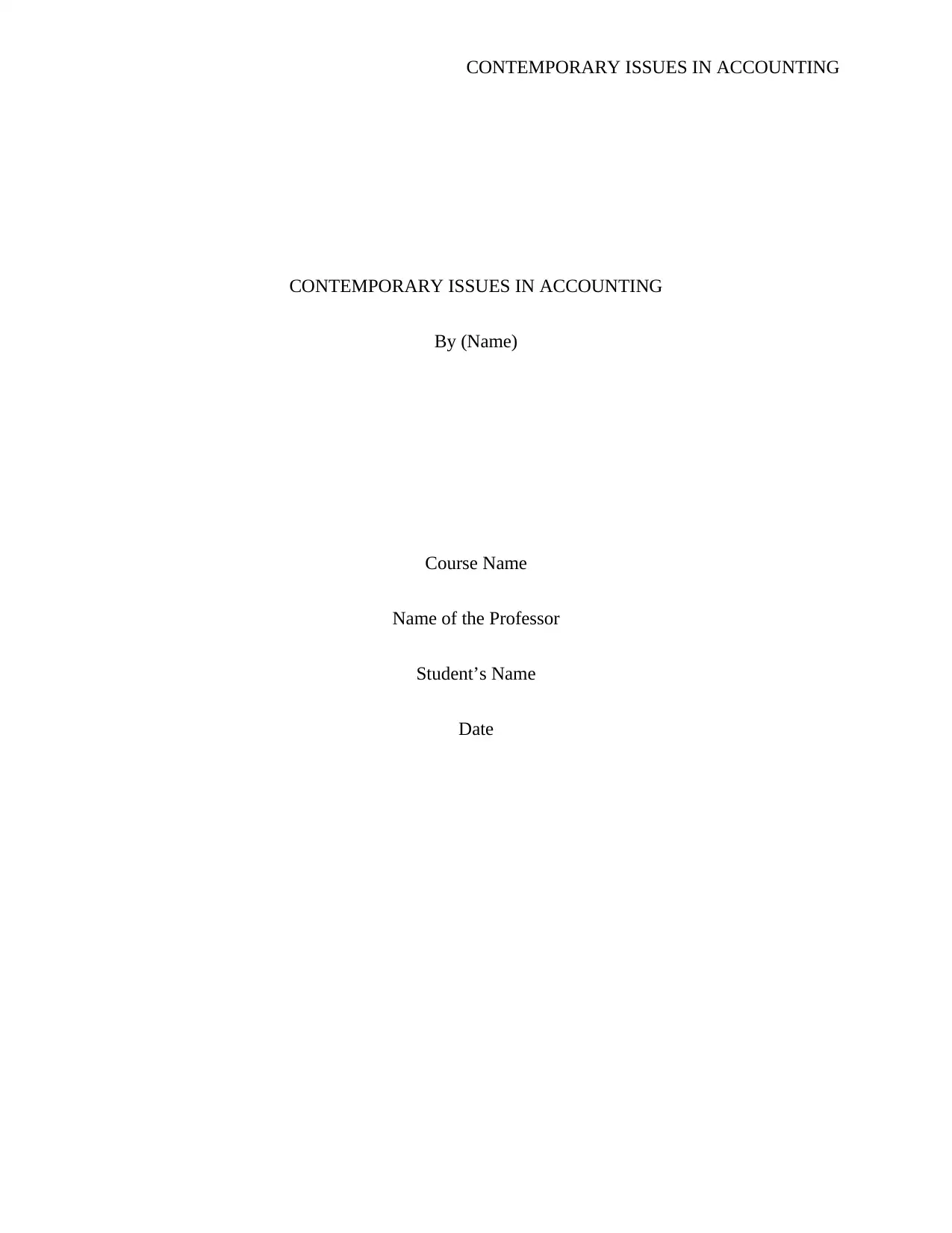
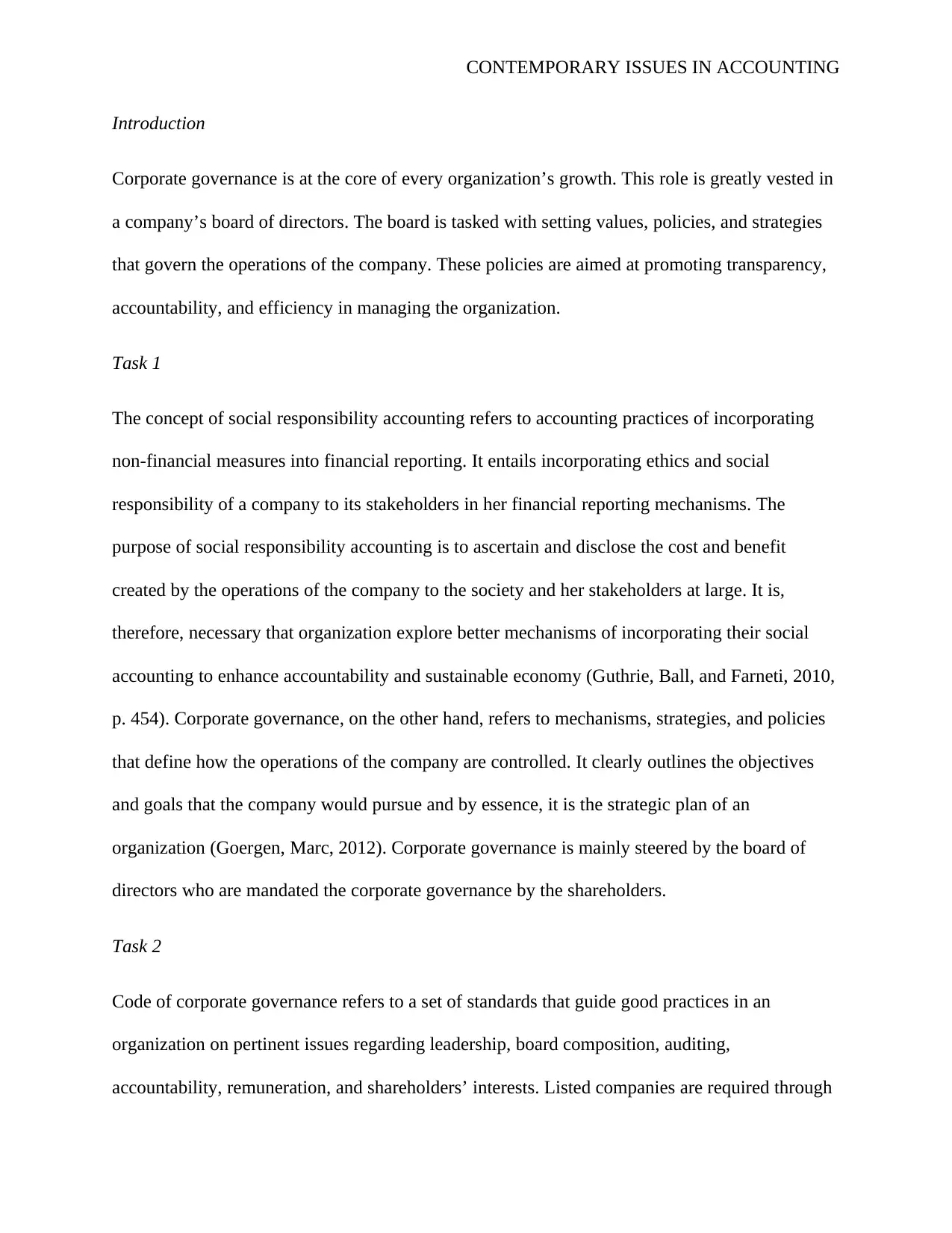
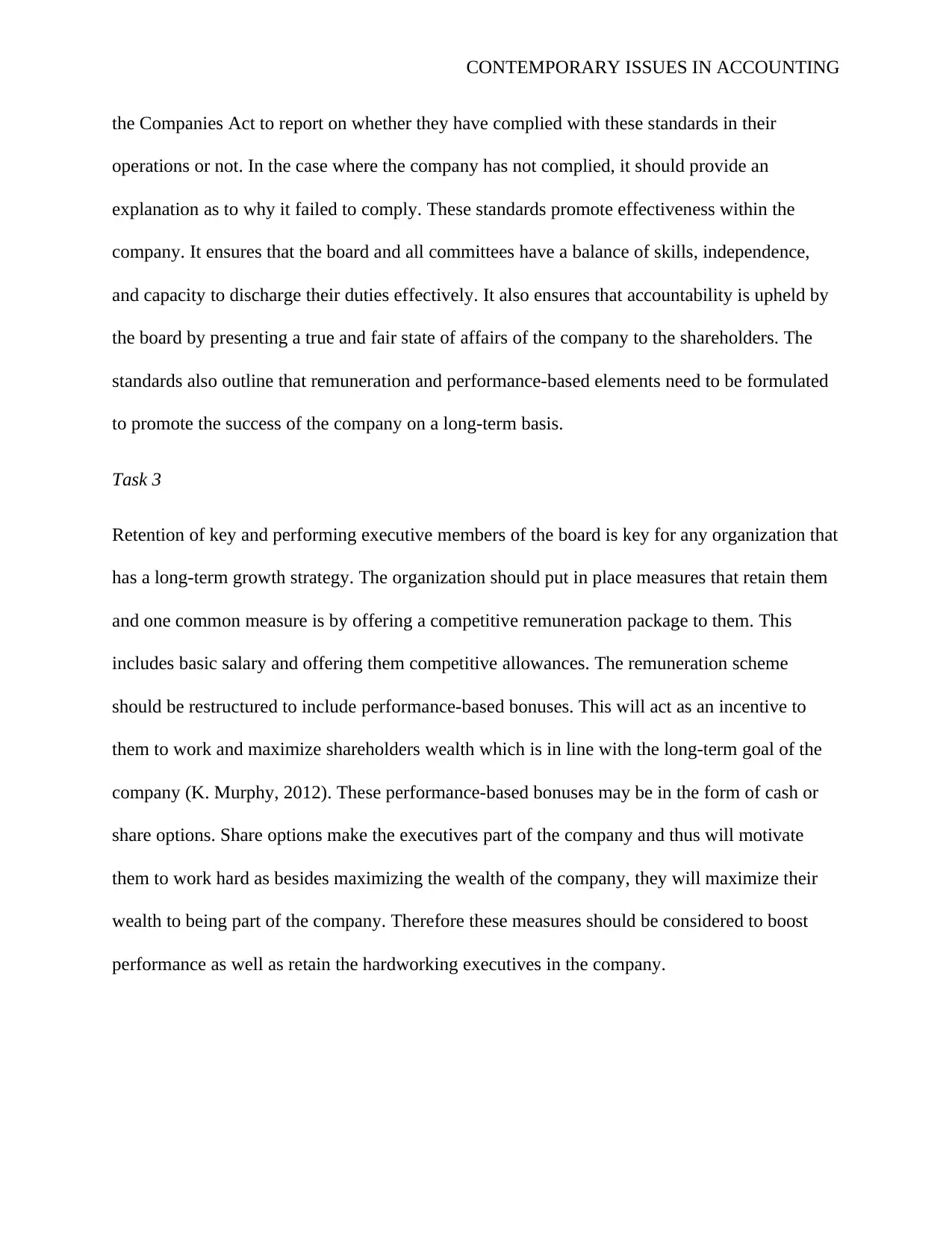

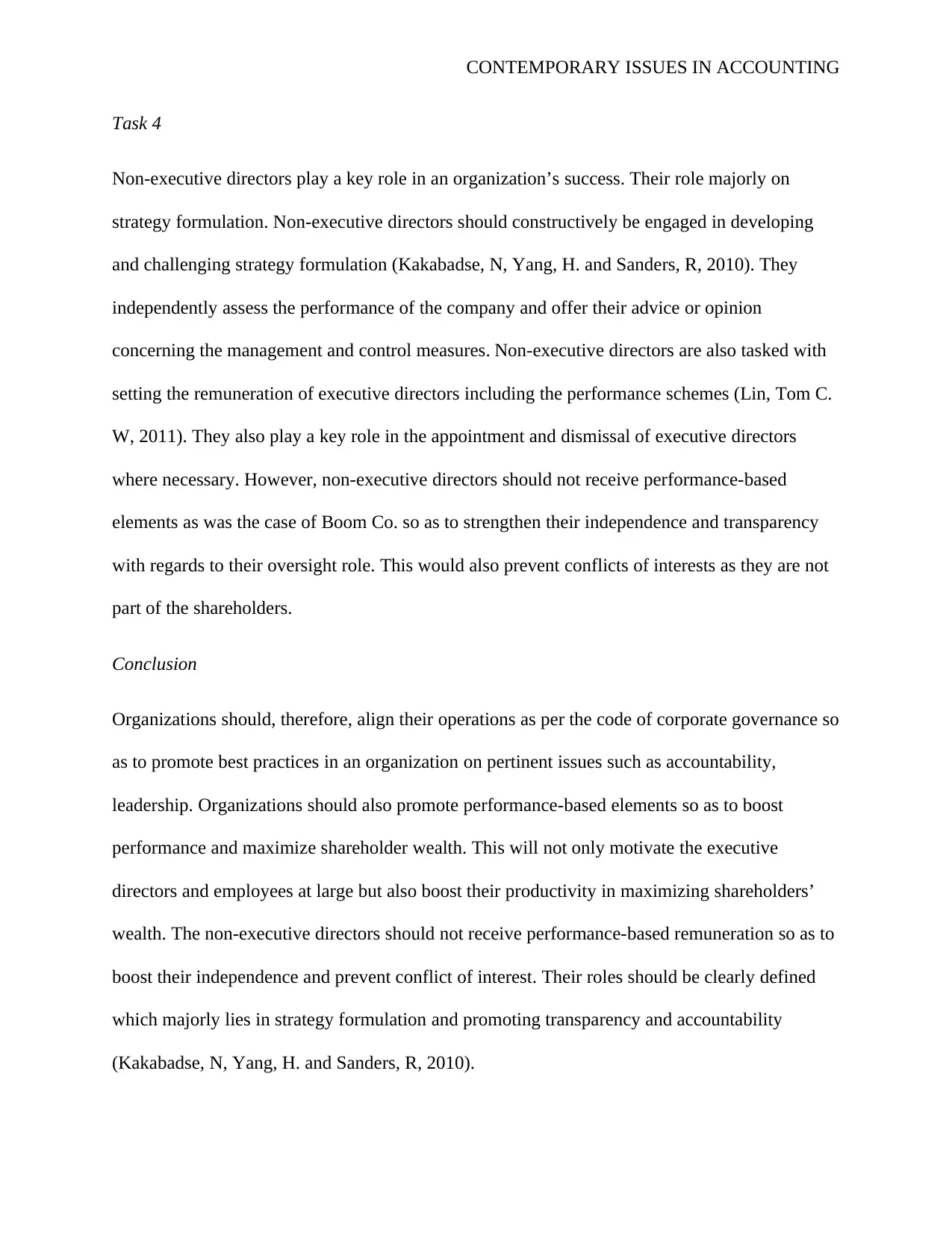
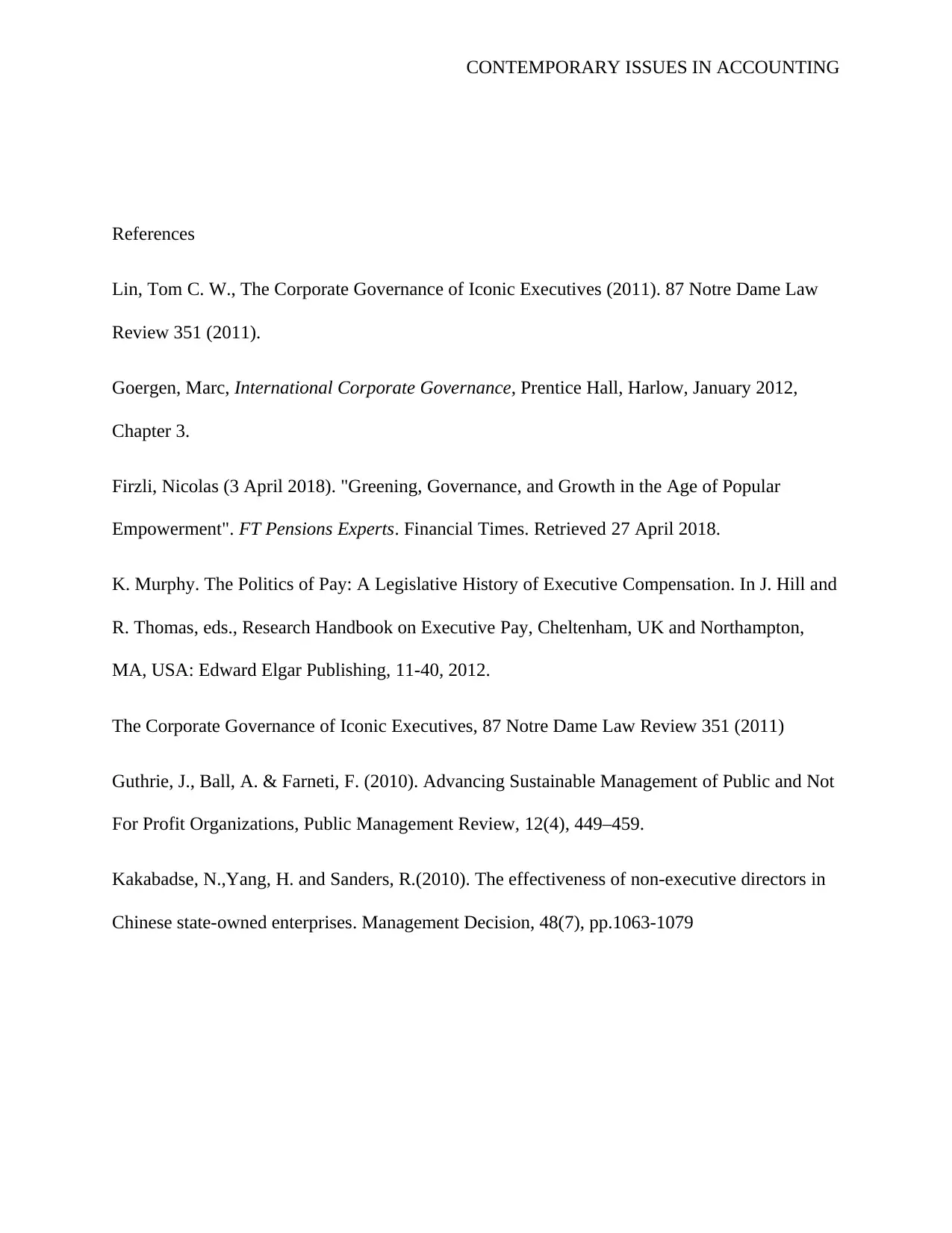







![[object Object]](/_next/static/media/star-bottom.7253800d.svg)